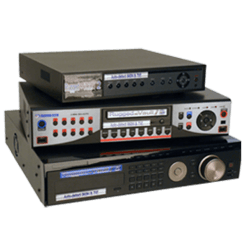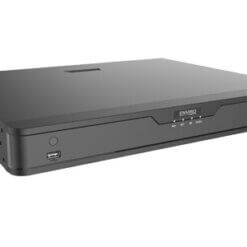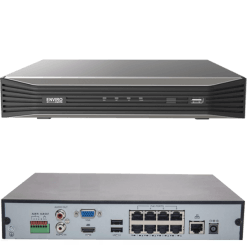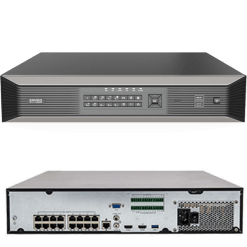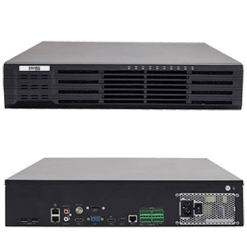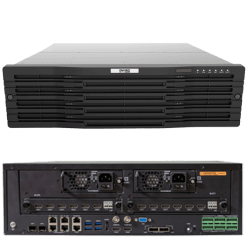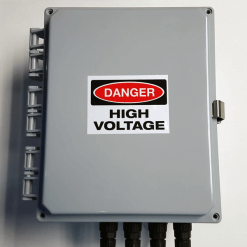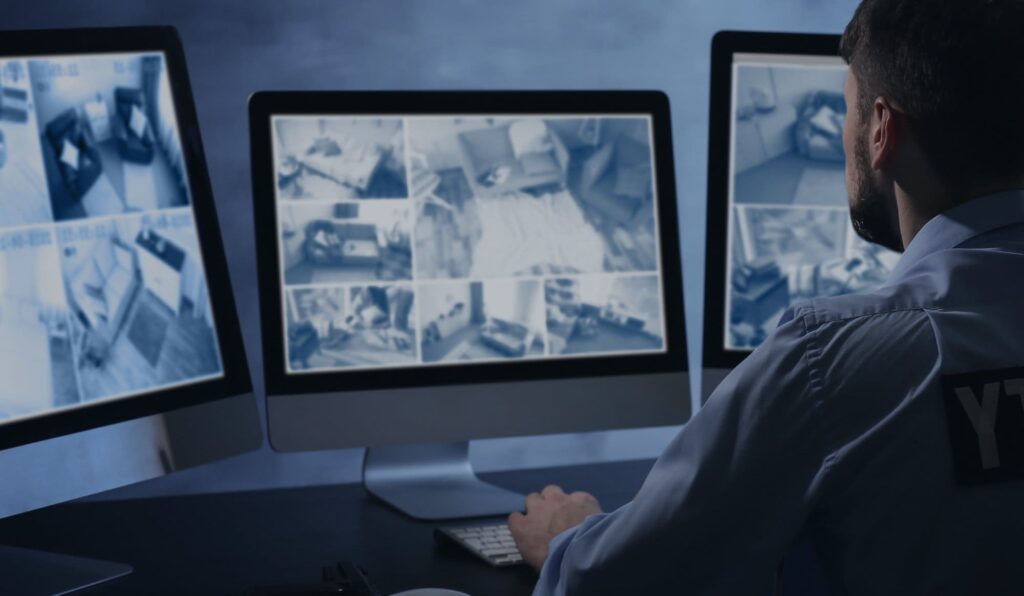
DVR’s & NVR’s – What are they?
First, lets make sure we are talking about a security-based DVR (Digital Video Recorder)or an NVR (Network Video Recorder). These are very different from your home DVR used to record cable TV or movies. A TV-type DVR has one or more inputs, and a TV tuner, to be able to record programs or movies on different channels or from different sources.A security-type DVR or NVR operates, and is used, very differently. This type of DVR/NVR is used for monitoring and archiving security camera footage from one or more security cameras, and has a separate input for each camera that it handles. Each one of these inputs is a distinct “channel”, and can be programmed to monitor and record either full time, or when an event such as motion is detected in the video picture. Other recording triggers, such as doors opening or alarm activation are also available, and each camera, or channel can operate on a different schedule, different resolution, or even on different time schedules. In the case of an NVR, the Recorder may have separate camera inputs, or it could have a single input, which is used to connect a Switch that has multiple cameras connected.
Once a user programs the DVR or NVR to follow the parameters that they wish, the system is fully autonomous and self-regulating. The operator does not have to be present for the system to do its’ job, because the Security Recorders can also alert or contact one or more people when a pre-programmed event or monitored area intrusion has occurred. This can be accomplished via phone, email or even an audible alert on a remote PC.While a Security Recorder often looks like a VCR on the outside, it is actually much more useful. The Security Recorder offers many more features and introduces a bevy of time-saving tasks that a tape-based VCR cannot begin to match.For instance, since a Security Recorder usually records to a hard drive instead of a low resolution tape, it enables Digital recording instead of analog, like a VCR. The advantages of a Digital format allows for multiple resolutions, quick navigation directly to an area of interest, or directly to a particular time or event. It also allows for various other data to be recorded simultaneously, such as audio, text-based motion or event log, and various forms of meta-data (such as cash register transactions, access control data, GPS coordinates, speed, etc.). A Security DVR is smarter and works harder than a conventional TV-based DVR, and is able to perform many more functions. Truly a property-saving and sometimes even life-saving piece of equipment.

